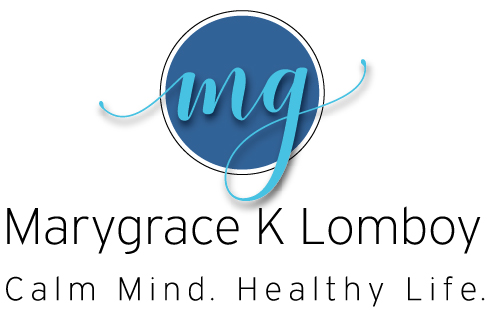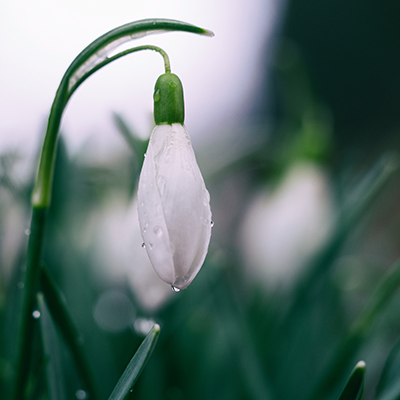Eulogy of Carmen J. DiPipi by David DiPipi
For those of you who knew my Dad well, there’s a good chance you probably heard him say how fortunate he was to grow up poor. You see, Dad was born and raised during the height of the great depression. He would often tell stories that I can barely grasp today—how times where so tough, that my Grandparents would sometimes go to bed hungry just so my Dad, Uncle Louie, and Aunt Mary could eat. But he always said that because of this, he was able to truly appreciate everything that life had to offer. This appreciation for life and all its gifts is something that grew with more fervor and intensity as my Dad aged through his 81 years. This is just one of the many lessons and legacies my Dad passes on, and it’s because of this lesson that I appreciate so much the opportunity to eulogize the man that meant so much to me, my family, and our friends.
Dad loved to tell stories, and I loved to listen them. Even at a young age of 7 or 8, Dad was industrious and did whatever he could to help his family through those hard times. Dad would tend the goats that were kept by the family and shine shoes on Main Street, always giving whatever he earned to my Grandmother to help provide. After graduating high school, Dad enlisted in the United States Air Force and served our country during the Korean War. After the war, realizing the opportunities that a higher education would provide, Dad somehow managed to hold down a full time job, while at the same time enroll at the University of Scranton, where in 1958 he became the first of our family to graduate from college, earning his bachelors of science degree in accounting.
Shortly after graduating from the University, Dad met the woman who he fell head over heels in love with, and would ultimately marry – my mother Grace. Dad was absolutely crazy about my Mom. Celebrating almost 49 years of marriage, I really don’t think a day went by where my Dad didn’t tell my mother how much he loved her or how beautiful she is. Though in some ways they’re complete opposites, my Dad and Mom made the perfect team. My Dad did everything slow, where my Mom does everything fast, my Dad was always very methodical, where my Mom is more spontaneous. But the two of them together bestowed a perfectly balanced formula to provide my sister and I a rock solid foundation to continue to build our families upon. A foundation made up of our faith in God, the importance of family and friends, our love for one another, to always be humble; to conduct oneself with the highest morale and ethical standards, to work honest and hard, and to appreciate all that life has to offer.
Dad was an avid golfer, especially enjoying the camaraderie and good times had with fellow golfers and friends while playing with the Pine Hills Senior Golf League. Dad loved music and electronics—often using his love of both to make CDs for his friends and family. Even at the age of 81, he could usually be found surfing the Internet on his laptop or listening to his favorite songs on his IPOD. He couldn’t wait to plant his garden every spring, and he was passionate about Penn Sate football. In fact, the only time FOX news wasn’t being broadcast on the TV is when there was a Penn State game playing.
However, Dad’s first priority was always with his family and friends. He was always there to lend a helping hand—whether it was to help someone prepare their taxes, build a deck, visit someone in a nursing home, or just be there to have someone to talk to, Dad could always be counted upon. His world revolved around his family. He would never pass up the opportunity to brag about his grandchildren Elise, Nick, Christian, or Maria. Nor would he pass up the chance to sing the praises of my mother’s cooking or the exceptional care she gave him. For that matter, he wouldn’t pass up the opportunity to brag about his son-in-law Cliff, daughter-in-law Karen, or my sister and me. His family meant everything to him.
I know it sounds odd to hear the phrase “beautiful death”, but that’s just what my father experienced this past Sunday. Our family never left Dad’s bedside during his stay at hospice. In Dad’s last hours, as we gathered around his bed, he was able to tell each one of us a personal message that we’ll never forget. Our Sunday morning started out with our family in Dad’s hospice room watching Sunday Mass on TV. Dad’s condition was quickly deteriorating, when my sister stated that the time is coming closer. We remembered what Dr. Sebastienelli said earlier that morning, about an old wives tale of opening the window a crack to allow the sole to go to heaven, so we tearfully cracked open the window. My mother remembered how my father admired the recital of Our Lord’s Prayer during Joe Paterno’s own funeral, and as we held my father, we recited the Our Father. By the time we finished Dad took his last breath.
The North Star is described as a bright, prominent star fixed in the heavens that can be seen wherever one may venture or travel, thus providing a reliable means of navigating unknown territories. Dad, you always were, and you always will be our North Star. You’ve always provided the guidance to navigate through life’s challenges, and you’ve always taught us to just do the right thing. You were a kind and gentle man. We were blessed to have you in our lives. We’ll continue to live life using the lessons you’ve taught us.
We love you Dad.




















